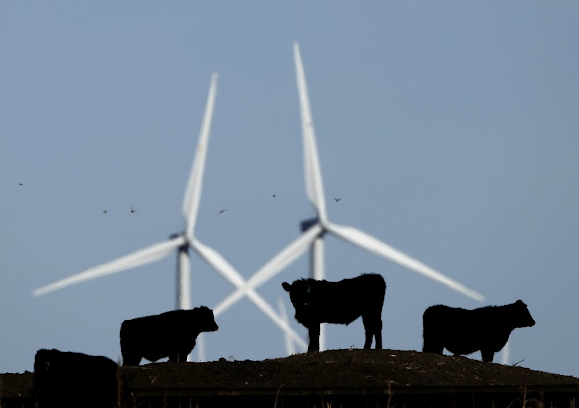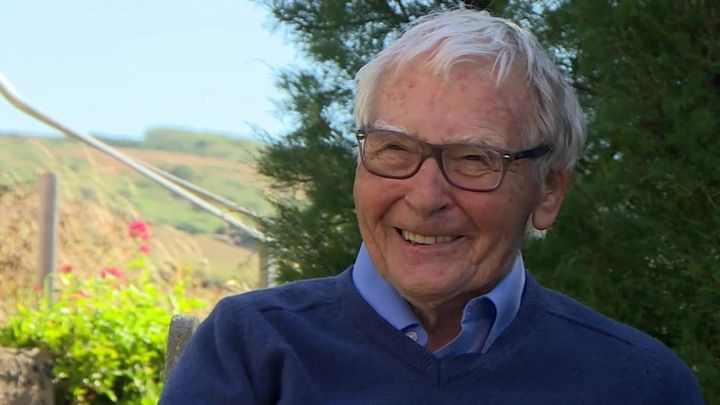Eunice Foote described the Climate Crisis more than 200 years ago!
She was the first scientist known to have experimented on the warming effect of sunlight on different gases, and went on to theorize that changing the proportion of carbon dioxide in the atmosphere would change its temperature, in her paper Circumstances affecting the heat of the sun's rays at the American Association for the Advancement of Science conference in 1856.





